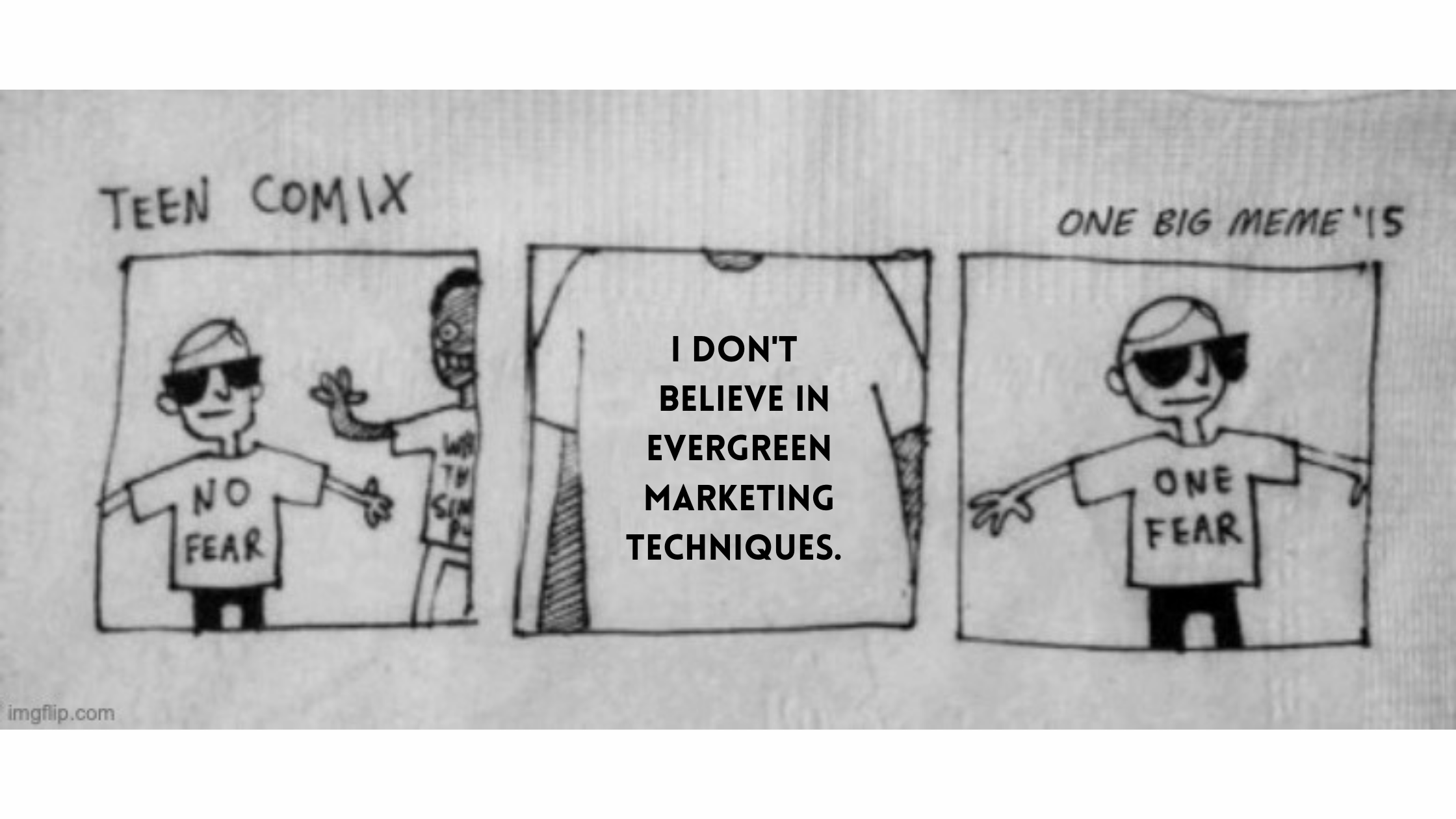Affiliate SEO: Taking the First Steps
Why get into affiliate marketing?
Well, affiliate marketing is a fantastic way of creating new profit that can be low risk and high reward - if you play your cards right.
As with all digital marketing, SEO is a major component of getting noticed (and, as we know, being noticed = revenue). Because using affiliates allows you to branch into new markets, there’s more competition vying for attention.
Getting stared with affiliate specific SEO can be tricky if you don’t have a starting point of reference.
So, how can you stand out?
The crux of successful SEO for an affiliate website is the first 30 days.
You won’t be the first out there, and you won’t be the last. Playing this vital period smart will help you not fall between the gaps.
Matt Diggity, Founder & CEO of Diggity Marketing, knows exactly how to spend those first 30 days and make the most of them.
Website Acquisition
It seems an obvious place to start, but to get anywhere on the internet you’ll need a website.
When you start the site, you have the choice of paying for an existing website or getting stuck in and creating your own.
There’s pros and cons to both, but the superior option for time, resource efficiency and information is to buy it pre-made.
Purchasing an established website will cut out the process of waiting for the site to get built. 🏗
Some marketplaces to look at for vetted websites to purchase are Empire Flippers, FE International and Flippa. You can also do private deals through Facebook Groups.
2. Auditing the Website & Technical Optimization
You need to make sure that the site you’ve acquired is up to scratch.
Here’s a couple things to check beforehand:
Is there popularity and trends to be found in the niche you’ve branched into? See how relevant keywords are performing for an indication.
Is it a branded domain? Can the scope be widened or is it limiting to something too specific?
Does the subject require a load of esoteric knowledge to write about? e.g. A site reviewing Star Trek would need to have a lot of specific info on Star Trek. 🖖🏻
Getting all the technical aspects done is also very important.
Resizing images and ensuring there’s no 404 errors etc. makes everything run smoothly. No one wants a broken website.
3. Content Plan
The website needs content. Without content, there’s 0 appeal to go to it, which means 0 revenue.
Obviously, not ideal.
So, you need to decide what you want to post and why you want to post it.
Which means keyword research. Doing a bit of research into the main keywords for your new market and seeing where else they rank successfully can help focalise your site direction.
Some keywords will be more lucrative than others. Focus on those, because some won’t be monetizable at all.
This is the major area to make the most of SEO. Streamline the content you put up by making it as relevant and searchable as possible, while making sure there’s tons of it.
Get into CTR (Click Through Rate) - make search engines help you!
4. Authority Site Conversion
Being recognised as a reputable and authoritative source on your corner of the market helps massively with ranking placement.
The goal is to have a large amount of content driving your site into a level where it is well-regarded, as this will boost your footprint on the search ranking pages.
There’s always steps that you’ll need to implement outside of these guidelines, but you’ll come across those as you go along. This is just that first stage.
Remember, not every site will be a raging success - it can be a bit of hit or miss.
Not every niche you try to get into will be prosperous. But, don’t get disheartened.
Keep trying, keep moving forward and keep learning!
Looking for some more in depth learning about digital marketing and the ins and outs of SEO (and tons extra)?
Check out our Digital Marketing Course and get certified by Cannes Lions!
Information in this post was taken from Matt Diggity’s presentation , ‘The First 60 Days: Accelerating from 0 to 100 in Affiliate SEO’, for Adworld.online’s 2020 conference.
















